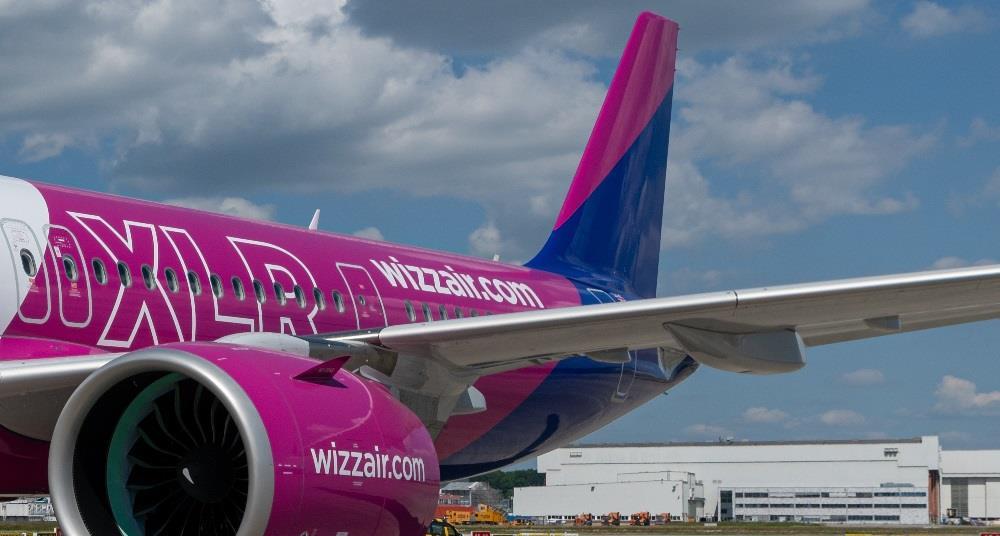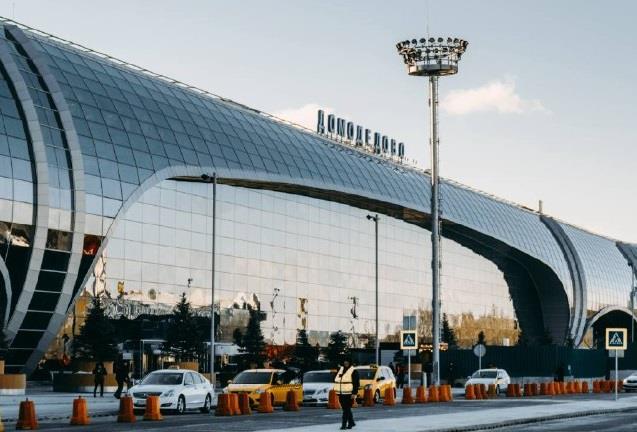Company
Legal Links
Contact
- +44 7947 753363
- contact@skylineairporttransfers.co.uk
- 6 Walsall Street Bilston Wolverhampton WV14 0AT
Recent Posts
© Skyline Airport Transfers. Created by![]() Beaphoenix WebDesign ltd
Beaphoenix WebDesign ltd
Popular Locations:
Birmingham: Aston, Bournville, Edgbaston, Erdington, Great Barr, Hall Green, Handsworth, Harborne, Northfield, Quinton, Soho, Sutton Coldfield, Amblecote, Brierley Hill, Coseley, Cradley, Gornal, Halesowen, Kingswinford, Lye, Netherton, Sedgley, Stourbridge, Quarry Bank, Bearwood, Blackheath, Cradley Heath, Great Bridge, Old Hill, Rowley Regis, Smethwick, Tipton, Tividale, Wednesbury, West Bromwich, Balsall Common, Bickenhill, Castle Bromwich, Chelmsley Wood, Dorridge, Elmdon, Hampton in Arden, Kingshurst, Knowle, Marston Green, Meriden, Monkspath, Hockley Heath, Shirley, Aldridge, Birchills, Bloxwich, Brownhills, Darlaston, Leamore, Palfrey, Pelsall, Pheasey, Shelfield, Streetly, Willenhall, Bilston, Blakenhall, Bushbury, Compton, Ettingshall, Heath Town, Oxley, Penn, Tettenhall, Wednesfield, Burntwood, Lichfield, Cannock, Rugeley, KIDDERMINSTER, Brierly Hill,
STOURPORT-ON-SEVERN
Coventry: Allesley, Binley, Keresley, Stoke, Tile Hill
Leicester: Abbey Rise, Ashton Green, Aylestone, Beaumont Leys, Bede Island, Belgrave, Blackfriars, Braunstone, Braunstone Frith, Bradgate Heights, Clarendon Park, Crown Hills, Dane Hills, Evington, Evington Valley, Eyres Monsell, Frog Island, Goodwood, Hamilton, Highfields, Horston Hill, Humberstone, Humberstone Garden, Kirby Frith, Knighton, Mowmacre Hill, Netherhall, Newfoundpool, New Parks, North Evington, Northfields, Rowlatts Hill, Rowley Fields, Rushey Mead, Saffron, Southfields, South Knighton, Spinney Hills, Stocking Farm, Stoneygate, St. Matthew’s, St. Mark’s, St. Peters, Thurnby Lodge, West End, West Knighton, Western Park, Woodgate
Derby: Matlock, Ripley, Ashbourne, ILKESTON, SWADLINCOTE , BURTON-ON-TRENT, BAKEWELL,
ALFRETON, BELPER, HEANOR
Telford: Market Drayton, Newport, Shifnal, Broseley, Much Wenlock
Stoke: Stoke-on-Trent, Newcastle, Leek, Uttoxeter, Stone, Stafford
Worcester: Worcester, Droitwich, Pershore, Broadway, Evesham, Malvern, Tenbury Wells
Gloucester: Gloucester, Cheltenham, Stroud, Cirencester, Tewkesbury, Badminton, Berkeley, Blakeney, Chipping Campden, Cinderford, Coleford, Drybrook, Dursley, Dymock, Fairford, Lechlade, Longhope, LydbrookLydney, Mitcheldean, Moreton-in-Marsh, Newent, Newnham, Ruardean, Stonehouse, Tetbury, Westbury-on-Severn, Wotton-under-Edge.
Nottingham: Nottingham, Sutton-in-Ashfield, Mansfield, Newark, Southwell, Grantham, Sleaford
Leicester: Leicester, Hinckley, Loughborough, Melton Mowbray, Oakham Market, Harborough, Lutterworth, Wigston, Ashby-de-la-Zouch, Ibstock, Markfield
Oxford: Oxford, Kidlington, Chipping Norton, Thame, Wallingford, Didcot, Wantage, Abingdon, Banbury, Carterton, Woodstock, Bicester, Witney, Chinnor, Watlington
Chester: Chester, Deeside, Bagillt, Buckley, Holywell, Birkenhead, Preston, Wallasey, Wirral, Neston, Ellesmere Port, Prenton
Airports we serve:
BHX: Birmingham Airport
EMA: East Midlands Airport
LHR: London Heathrow Airport
MAN: Manchester Airport
LGW: London Gatwick Airport
LTN: London Luton Airport
SOU: Southampton Airport
BRS: Bristol Airport
LPL: Liverpool John Lennon Airport
LCY: London City Airport
STN: London Stansted Airport



There are many different methods, or pathways for making sustainable fuels. They can be made from biomass, such as waste cooking oil, energy crops, wood, agricultural residues and even human waste.
However, there are concerns that this will not provide all the fuel the market will ultimately need. Some feedstocks may need to be avoided, either to prevent environmental degradation such as deforestation, or to prevent land needed for growing food from being turned over to energy production.
An alternative is to use a method called power to liquid, in which water and carbon dioxide are broken down, with the resulting carbon and hydrogen combined to create liquid fuel.
This could produce potentially limitless supplies of fuel, but in order to be sustainable would require large quantities of renewable electricity, as well as a substantial increase in carbon capture and storage.
Both processes – using biomass or power to liquid – are currently very expensive. As a result, the aviation industry is demanding action to increase production, and bring prices down through economies of scale.
However, environmentalists question whether this is actually viable.
“There are good SAFs, and there are bad SAFs, but the brutal truth is that right now there is not much of either,” says Matt Finch, UK head of campaign group Transport & Environment.
“Conversely, right now there are thousands of new planes on order from airlines, and all of them will burn fossil fuels for at least 20 years.
“Actions speak louder than words, and it’s clear that the aviation sector has no plans to wean itself off its addiction to pollution.”
Nonetheless, at the recent Farnborough Airshow, there were several significant announcements relating to SAF.
A consortium including Airbus, AirFrance-KLM, Associated Energy Group, BNP Paribas and Qantas among others announced plans to invest $200m (£151m) in a new fund which will invest in “technologically mature SAF-producing projects using for instance waste-based feedstocks”.
Meanwhile Boeing said it had set up a partnership with the investment company Clear Sky to promote a method of producing SAF pioneered by the British company Firefly.
That method involves taking human waste and using heat and high pressure to turn it into a substance which can then be used to make SAF.
In other words, it allows planes to be powered by poo.
Source link
Share This:
skylinesmecher
Plan the perfect NYC Memorial Day weekend
Pack only what you need and avoid overpacking to streamline the check-in and security screening…
LA’s worst traffic areas and how to avoid them
Consider using alternative routes, such as Sepulveda Boulevard, which runs parallel to the 405 in…
Wizz Air discussing transfer of upcoming A321XLRs to ‘another operator’
Wizz Air is discussing transfer of five remaining Airbus A321XLR deliveries to another operator ahead…
Moscow Domodedovo airport to be acquired by rival Sheremetyevo following auction
Moscow Domodedovo airport is to be acquired by an entity linked to the Russian capital’s…
Wizz Air not forced to deploy A321XLR exclusively on long-haul routes: chief
Budget carrier Wizz Air’s chief, Jozsef Varadi, insists that the carrier does not feel compelled…
Airbus’s ‘Beluga 5’ to be converted into science education facility at Broughton
Airbus is to convert one of its A300-600ST Beluga outsize transports into a science and…
Raytheon nears rate production of PhantomStrike radar for FA-50, autonomous fighter jets
Raytheon is ramping toward the start of rate-production later this year on the company’s PhantomStrike…
Irish Air Corps poised to launch operations with new Dassault Aviation Falcon 6X transport
The Irish Air Corps is poised to begin operations with its newly acquired Dassault Aviation…
Ecojet Airlines enters liquidation before launching zero-emission UK flights
A bid by green entrepreneur Dale Vince to create a zero-emission regional carrier has ended…
Elbit Systems UK takes full ownership of Watchkeeper industrial venture UTacS
Elbit Systems UK has taken full ownership of the company established to deliver the British…
PD-8 engine passes bird-impact testing at Saturn facility
Russia’s Aviadvigatel PD-8 engine for the Yakovlev SJ-100 has passed bird-impact testing, advancing its certification…
Air Europa firms commitment for up to 40 Airbus A350-900s
Air Europa has firmed its commitment for up to 40 Airbus A350-900s after previously signalling…